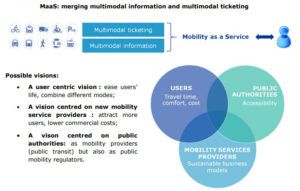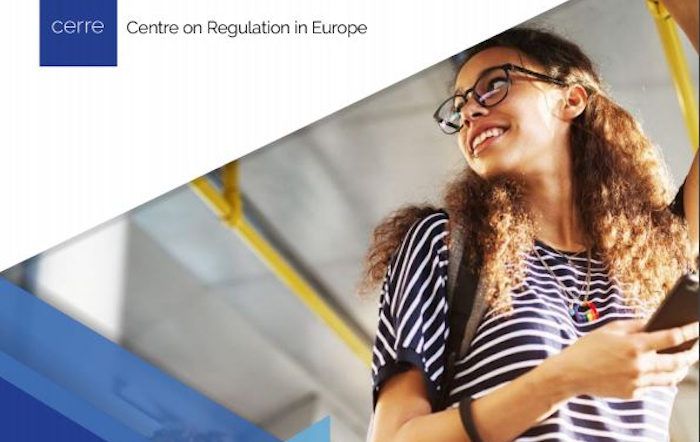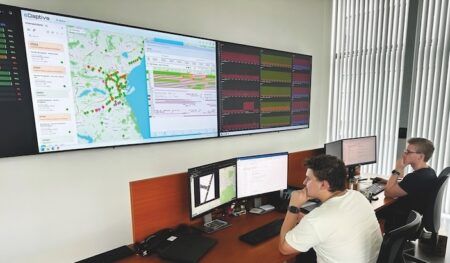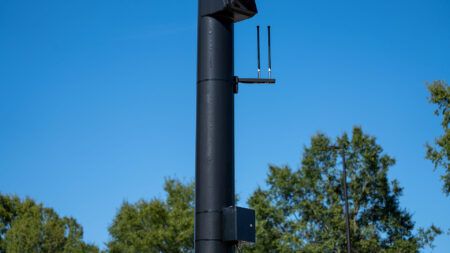A new report from the Center on Regulation in Europe (CERRE) looks at the role that shared mobility and Mobility-as-a-Service (MaaS) models have to play in the transition towards truly sustainable transportation.
European cities have been trying to enhance their mobility and transport systems, while reducing congestion, pollution, CO2 emissions, noise and accidents. Local transport policies across countries strive to encourage car drivers to switch to public transport, but with limited success. With a membership of regulatory authorities, corporations, and universities, CERRE is an independent Brussels-based think tank that promotes robust and consistent regulation in Europe’s network and digital industries through research and dissemination activities. The organization’s new study finds that the lack of success of policies to encourage the switch to public transport is often due to the alleged trouble of using other transportation modes compared to the convenience of private cars.
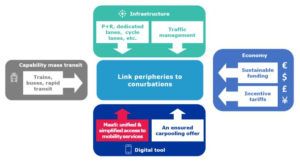 The authors of the report find that MaaS has a potentially key role to play in the move towards sustainable mobility, but this is provided that new models complement and do not act as a substitute for public transport. Authorities should significantly develop public transport systems that constitute a genuine, practical, fast, reliable, and affordable alternative to private cars, particularly in areas of low demand due to financial reasons.
The authors of the report find that MaaS has a potentially key role to play in the move towards sustainable mobility, but this is provided that new models complement and do not act as a substitute for public transport. Authorities should significantly develop public transport systems that constitute a genuine, practical, fast, reliable, and affordable alternative to private cars, particularly in areas of low demand due to financial reasons.
The report finds that new mobility services, such as shared cars or free-floating e-scooters, provide unprecedented opportunities to reduce the inconvenience users would face from simply switching from the private car to public or active transport. MaaS enables users to change their routines, discover the variety of options available, and to combine former and new mobility services. Shared mobility providers may complement public transport, especially by supplying first and last mile solutions, and by serving areas where public transport is not financially viable. However, unless ridesharing replaces solo trips by car at a large scale, the impacts on congestion, pollution and CO2 emissions are likely to be neutral at best.
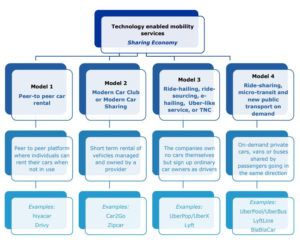 Authorities have to enlarge their spectrum of mobility services that will foster alternatives to solo car use. They must also develop new data platforms, information services, and ticketing, which are crucial to increase the number of users of urban mobility services. For MaaS to develop, mobility data must be gathered under the umbrella of Metropolitan Transport Authorities, who are the only trusted party able to do so.
Authorities have to enlarge their spectrum of mobility services that will foster alternatives to solo car use. They must also develop new data platforms, information services, and ticketing, which are crucial to increase the number of users of urban mobility services. For MaaS to develop, mobility data must be gathered under the umbrella of Metropolitan Transport Authorities, who are the only trusted party able to do so.
The authors conclude that, “Policies for the use of roads should discourage the use of individual cars and incentivize ride sharing. As long as individual cars can move freely and on the same roads and use services in the same conditions as shared vehicles, it is unlikely that MaaS and shared mobility will be successful. In addition, public authorities need to modernize and grasp the opportunities that digitization and data offer for the transition to truly sustainable mobility.”
The authors of the CERRE report are: Yves Crozet, a Professor at Sciences Po Lyon, the French city’s Institute of Political Studies; Georgina Santos, senior lecturer at the School of Geography and Planning of Cardiff University (UK); and Jean Coldefy, an independent expert and director of the Mobility 3.0 program at the ATEC ITS France association.